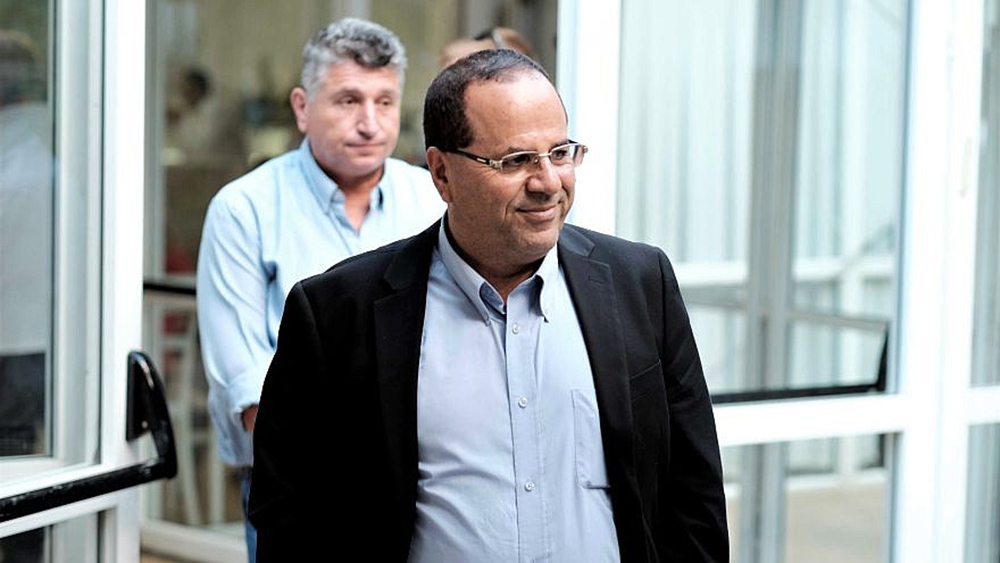|
Getting your Trinity Audio player ready...
|
The United Arab Emirates serves as a “bridge” forging bilateral ties between Israel and Africa, says former minister Ayoob Kara.
By: Avi Kumar
Ayoob Kara’s Dubai office contains framed photos of him talking with former President Donald Trump and with Pope Francis, and in a meeting with Israeli Prime Minister Benjamin Netanyahu. These days, Kara, 68, is as focused on Africa as he is on Washington, Rome or Jerusalem.
The Abraham Accords, which debuted in 2020, have “opened new doors for Israel on the continent via the Gulf Arab world,” he told JNS.
In an hour-long conversation on Feb. 14, the former Israeli Knesset member and former communications minister, who has set up the center UAE-Israel for Africa, told JNS that he expected Israeli-African ties to grow. “Our goal is to forge economic and diplomatic ties between Israel, the UAE and Africa,” he said.
Chad, for example, opened an embassy in Israel in February. “Eventually, we will witness more African countries setting up embassies in Israel and vice versa,” Kara predicted. “It’s good for their business. It’s good for agriculture. The citizens benefit. It is a very positive trend overall.”
In early 2016, Chad’s then-President Idriss Déby first reached out to Israel through Kara, the latter said. Déby sent Kara an email stating that Chad wanted to renew ties with Israel. As a Druze, he suggested that his native tongue being Arabic “was a major asset” in facilitating contact for the Netanyahu government. (He declined to provide JNS a copy of the email from the Chad president.)
During the 1950s and 1960s, Israel forged diplomatic ties with several sub-Saharan African nations. One might have assumed a nascent Israel would have much in common with many African countries—having also got their independence recently. Israel was part of the British mandate of Palestine and many African states were also colonies of Britain or other European powers. They were all building new economic frameworks as their statehood evolved.
By the late 1960s, however, ties deteriorated as the Arab-Israeli conflict escalated. The 1973 Yom Kippur War, between Israel and a coalition of Arab states, signified a souring of relations.
Bending to pressure from both the Arab world and the Soviet Union, which sought to exert global influence in the Cold War, many nations began shifting to more pro-Palestinian stances. Chad followed suit, cutting ties with Israel in 1972.
Three years after the email that Kara said was the seed of renewed ties between Chad and Israel, Netanyahu arrived in N’Djamena, Chad’s capital, in 2019 to meet with Déby. Chad opened an embassy in February in Ramat Gan, with Mahamat Déby, son of the then-late president.
Chabad-Lubavitch Rabbi Shlomo Bentolila and his wife Myriam—who passed away at 52 in 2021—were the first emissaries sent to Africa to build Jewish life in an area increasingly visited by Jews, especially Israelis, coming on business to Africa since 1992. At the time, Bentolila, who is now based in the Democratic Republic of the Congo, was Chabad’s representative for all of sub-Saharan Africa, excluding South Africa.
The most recent African country to gain a Chabad presence is Zambia after Chabad Rabbi Mendy and Rivky Hertzel moved there in November.
(JNS.org)





